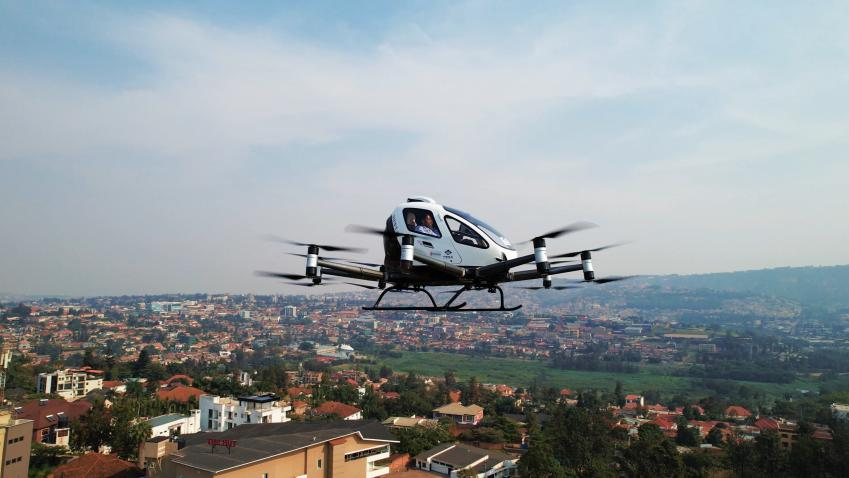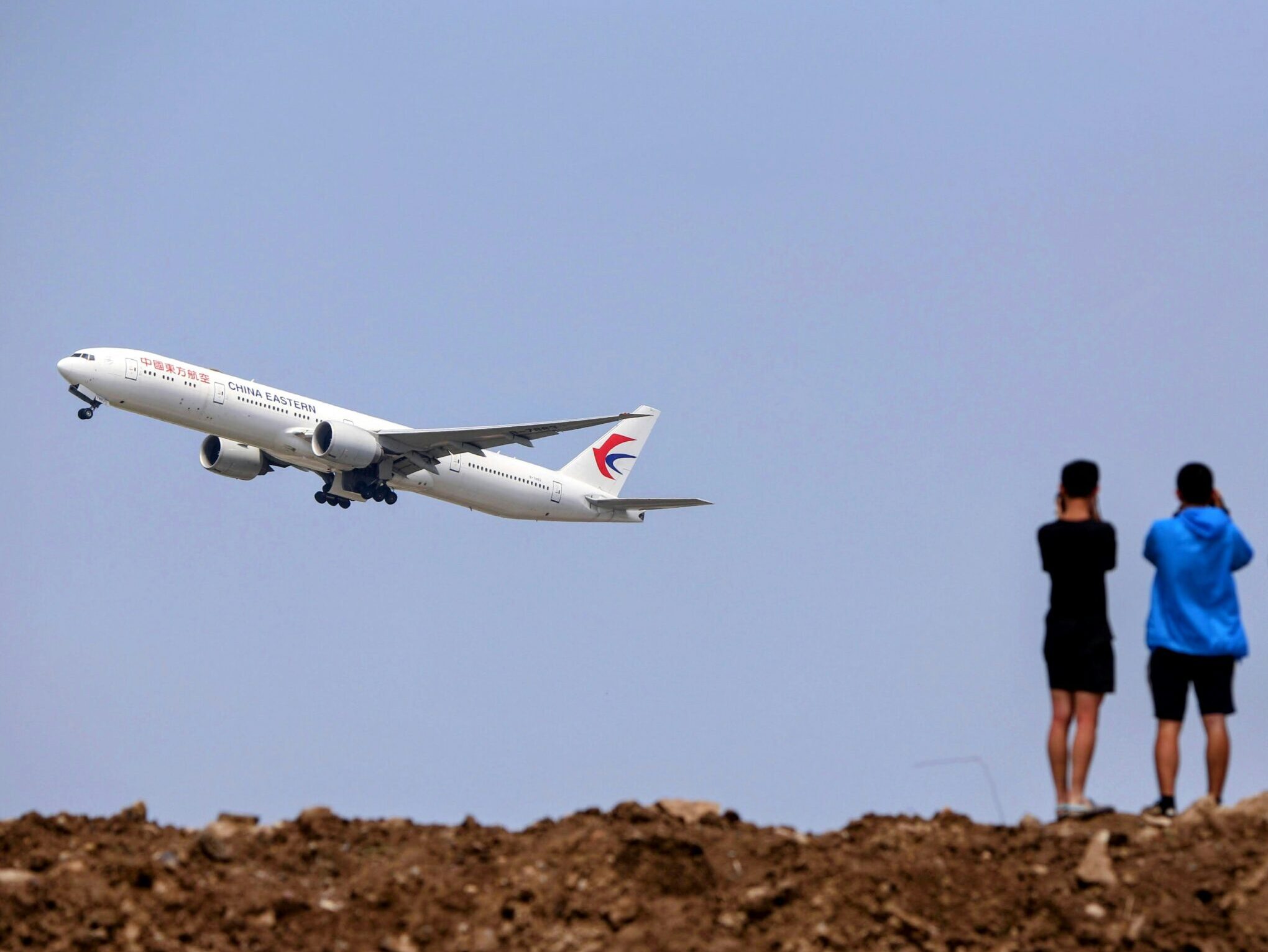Air Canada to Experiment with AI for Customer Service Support
The Canadian flag carrier plans to deploy an AI-powered voice assistant to help with customer queries in an attempt to improve the service
by Lauren Smith
March 29, 2023
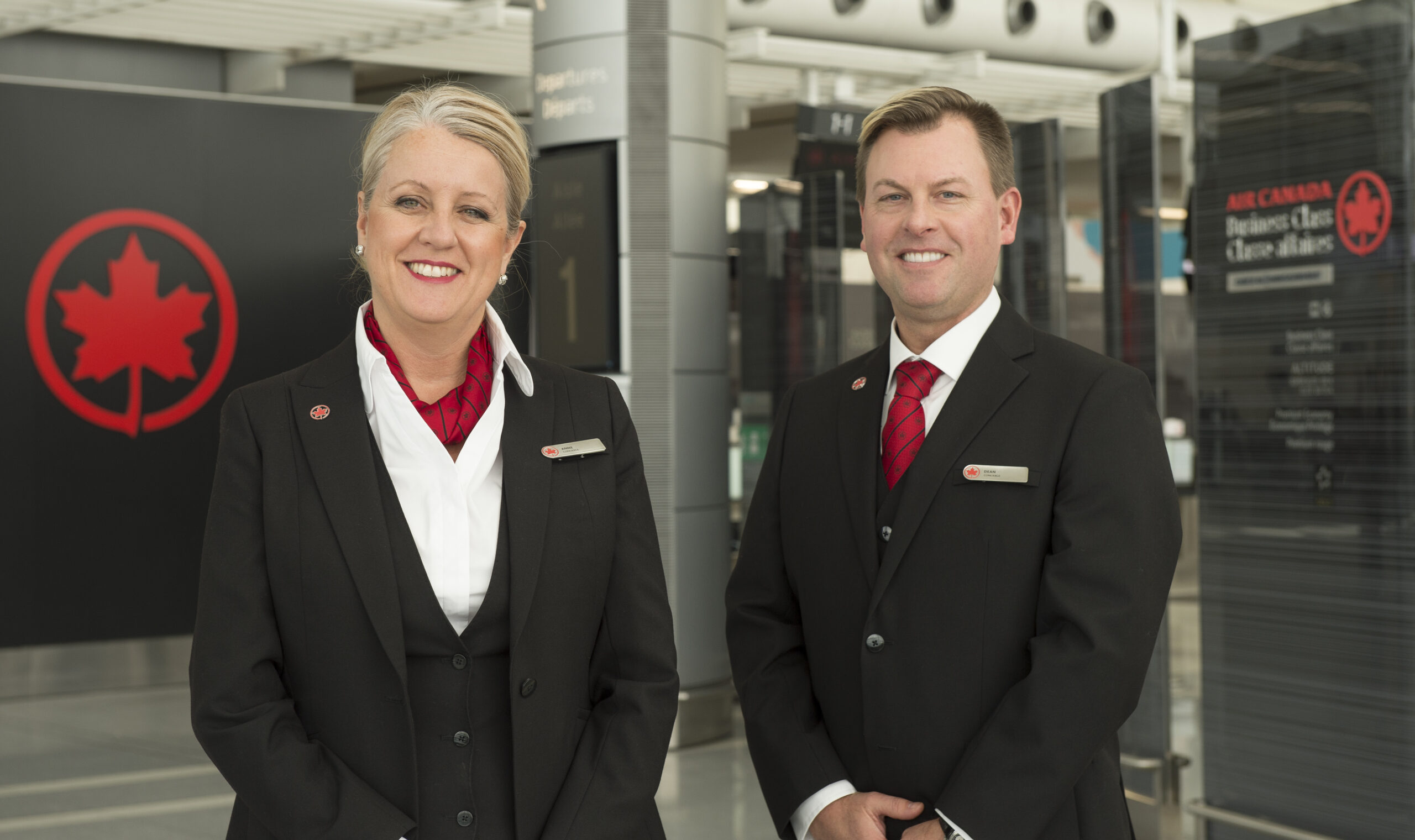
Photo: Courtesy of Air Canada
From this summer, Air Canada passengers impacted by unexpected flight delays or cancellations may be assisted on the phone by AI-powered voice assistants, an innovation that will reduce phone waiting times but might imperil call center jobs.
The Canadian carrier hasn’t officially announced a start date for the launch of its AI voice assistants, but Vice President and Chief Information Officer Mel Crocker suggested in a conversation with The Globe and Mail that the trial could start as early as this summer.
“In the case of a snowstorm, if you have not been issued your new boarding pass yet, and you just want to confirm if you have a seat available on another flight, that’s the sort of thing we can easily handle with AI,” Crocker said.
Call center roles are ideal targets for automation: customer service agents typically deal with many repetitive problems an AI could easily learn to handle. For an airline, the AI may step in to book customers on new flights following disruption, track misplaced luggage, or sort out billing issues.
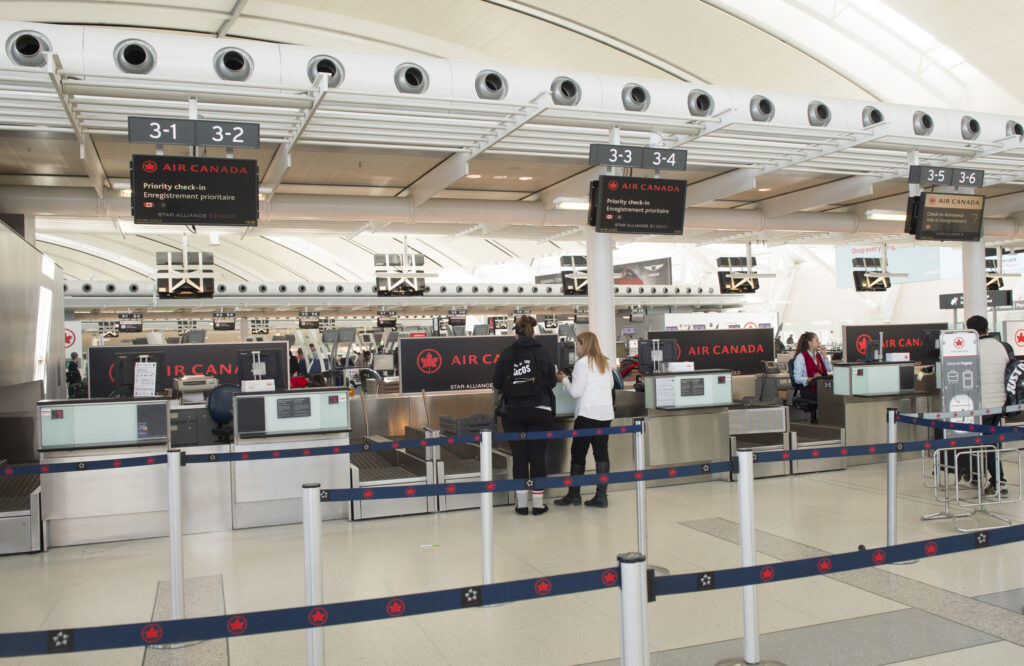
Photo: Courtesy of Air Canada
Turning some of these rote problems over to an AI would free agents to deal with more complex customer issues and reduce everyone’s waiting times on the phone.
But over time, Crocker suggested, the AI would learn from its interactions with customers and could begin managing the more complicated issues. This could lead to a loss of jobs, labor leaders warn.
“We are already looking into how AI is going to change the jobs of our members,” Kaylie Tiessen, an economist for Unite, Canada’s largest private-sector union, told The Globe and Mail. “What’s critical for us is that companies consult the people who actually do the job to understand what skills they have been using to execute the task.”
Crocker dismissed the idea that the airline aimed primarily to cut jobs, noting that its initial investment in customer service AI technology is higher than the cost of continuing to pay call center workers to handle simple customer queries.
“We’re not going into this with a view of killing jobs,” he said. “But if we can use a human to solve something that requires a human touch, and technology to solve something that can be automated, we will do that.”
“The biggest benefit of AI to us is that it fundamentally creates a better customer experience. And happier customers means they are travelling more with Air Canada,” he added.
However, Crocker did acknowledge that the airline believes automation and machine learning will reduce its costs in the long term.
Air Canada recently caught flack from Marvel actor Simu Liu, who took to Instagram and criticized some of the airline’s staff as “unpleasant” and “unprofessional” following a journey through Toronto Pearson Airport (YYZ). Liu’s experience suggests the airline has room to improve when serving customers.
But will consumers, especially those frustrated by voice menus, respond positively to AI-powered customer service? A recent survey from cloud contact provider UJET found that 80% of consumers who interacted with a chatbot in the previous year said the experience increased their frustration level, and 78% were forced to speak to a human after failing to resolve their issue through the automated service channel.
More than half (54%) of customers said a phone call with a human customer service agent led to a faster resolution of their problem and a better overall experience.
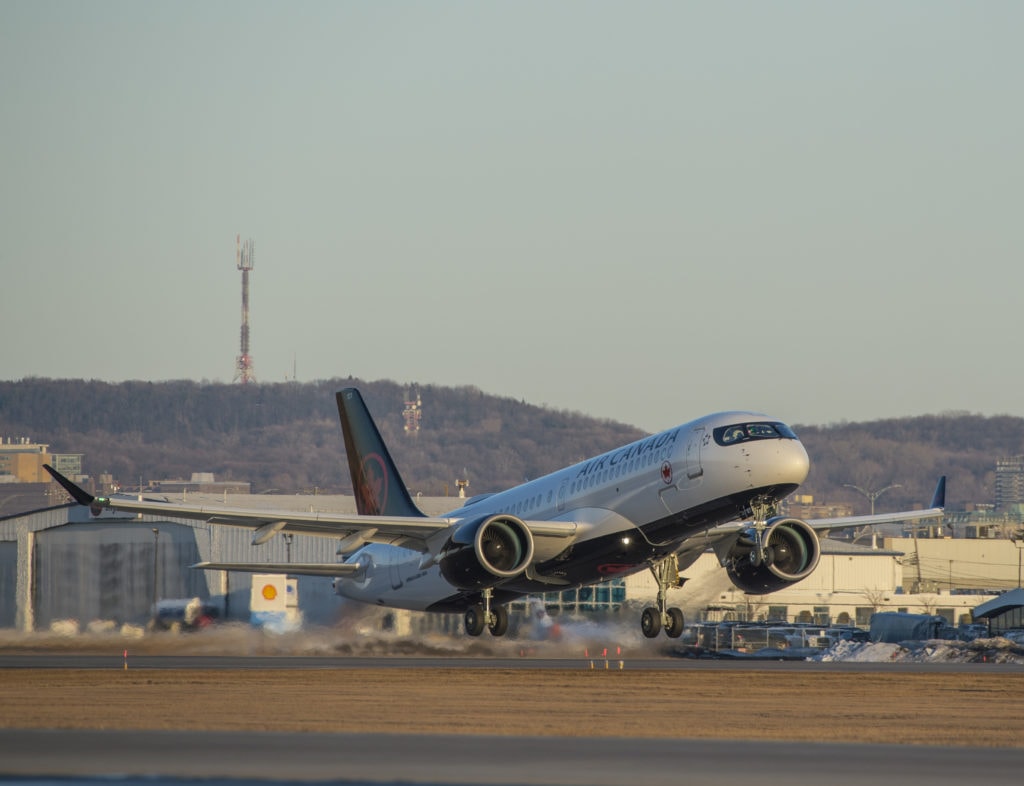
Air Canada’s Airbus A220-300. Photo: Courtesy of Air Canada
However, the technology is advancing rapidly and may soon catch up with consumer expectations. According to research from Zendesk, 63% of businesses surveyed in the Asia-Pacific region said the performance of chatbots and AI has improved significantly over the previous year, with the services becoming more natural and human-like.
Air Canada isn’t the first airline to swap out live agents for AI-powered assistants, and it won’t be the last. Late last year, U.S. budget carrier Frontier Airlines entirely cut the cord on its telephone customer service lines, instead directing disgruntled and inconvenienced travelers to chat services manned by bots and, in some cases, humans.
The results have been mixed: media reports quickly circulated that customers felt let down by the bots, which they reported were slow and unable to resolve problems, especially during the chaotic and blizzard-stricken holiday travel season. But Frontier CEO Barry Biffle optimistically dismissed these claims and said the airline’s net promoter score – a measure of customer satisfaction and loyalty – had actually increased since the telephone lines were hung up.

